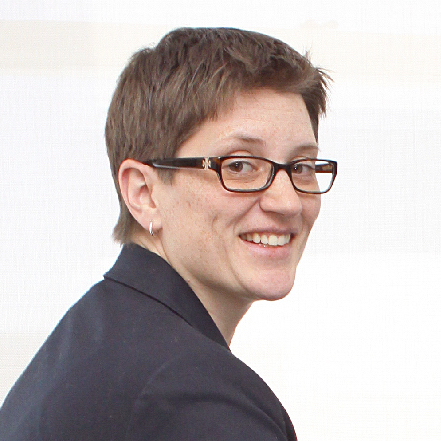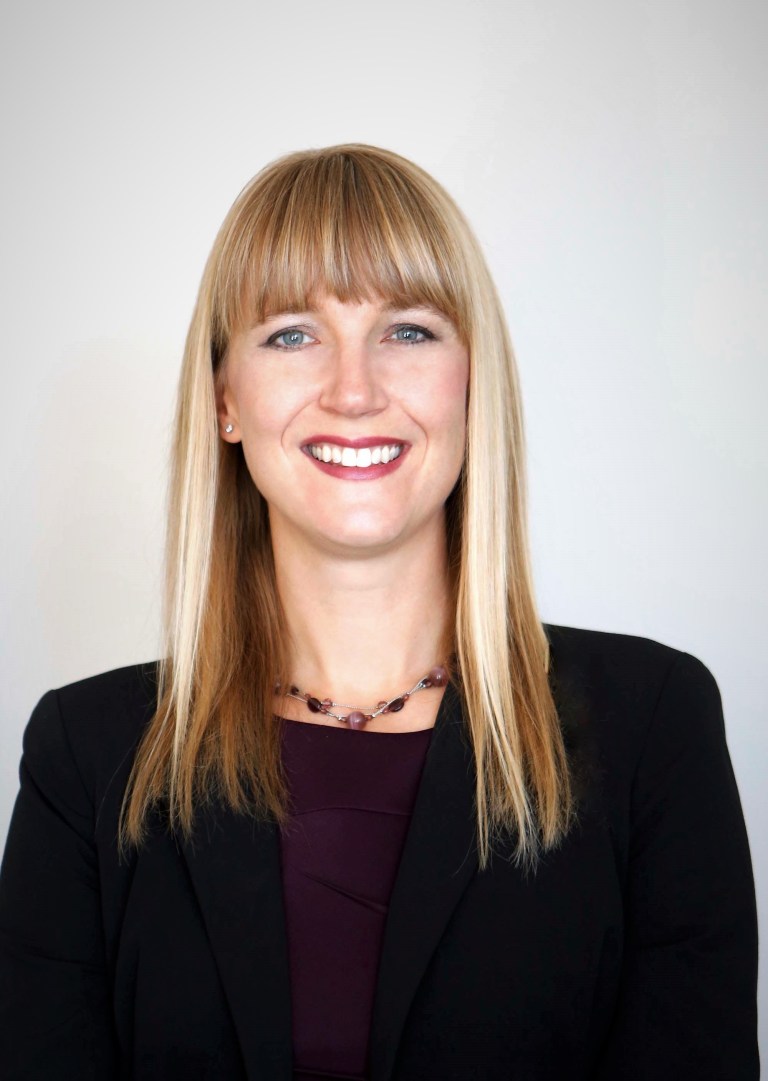
Stakeholder Engagement in Program and Systems Evaluation
- Registration Closed
This session will demonstrate how participatory processes can break through barriers to conducting program and systems evaluation.
By the end of this session, participants will be able to:
1. Define the two main components of Force Field Analysis: driving forces and restraining forces.
2. List at least two suggested practices for making a Force Field Analysis more participatory to better engage partners in evaluation.

Ruopeng An
Assistant Professor
Washington University in St. Louis
Ruopeng An is an Assisant Professor at the Brown School, Washington University in St. Louis. He conducts research to assess environmental influences and population-level interventions on weight-related behaviors and outcomes throughout the life course. In particular, his work assesses socioeconomic determinants and policies that impact individuals' dietary behavior, physical activity, sedentary lifestyle, and adiposity in children, adults of all ages, and people living with a disability.

Alisha Redelfs
Assistant Professor
Brigham Young University
Dr. Alisha H Redelfs is an Assistant Professor of Public Health at Brigham Young University, Provo, UT, USA. Previously, she was the Deputy Director for Research and Evaluation at the Institute for Healthy Living at the University of Texas at El Paso, El Paso, TX from 2014-2018. She has led the evaluation of over 40 grants to run programming in community settings, partnering with organizations from school districts to nonprofit organizations to foundations. She serves on the editorial board of Nutrition and Diabetes. Dr Redelfs is a translational scientist intent on making best practices in health accessible & attainable to all communities. The primary populations that she has worked in the last decade with include Latinos and recent immigrants related to factors influencing obesity. Dr. Redelfs received a 2020 interdisciplinary research award from Brigham Young University to conduct research around immigrant, refugee, and community health and integration in Utah. She is currently conducting research to refine the use of objective measurement of carotenoids (the best available biomarker for fruit and vegetable intake) via reflectance spectroscopy, and evaluating school-based programming to increase physical activity and fruit & vegetable intake among disadvantaged populations.

Leah Whigham
Director and Associate Professor
UTHealth School of Public Health
Dr. Whigham has a B.S. degree in biochemistry from Iowa State University and a Ph.D. in Nutritional Sciences from University of Wisconsin-Madison. Dr. Whigham?s career has focused on obesity, nutrition and weight loss. As Executive Director of the Paso del Norte Institute for Healthy Living, she oversees a mission to provide leadership through innovative and sustainable approaches to promote healthy eating and active living in the Paso del Norte Region. The Institute applies a Collective Impact Model to address obesity, nutrition, and physical activity in a region that covers five US counties in southern New Mexico and far west Texas and Ciudad Juarez, Mexico.
1.00 Advanced
